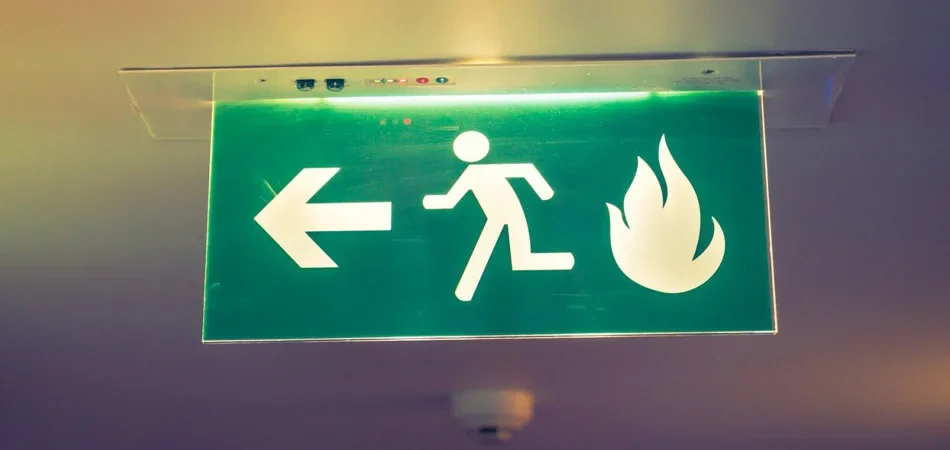Emergency hazards and evacuation dangers

Louisiana is no stranger to heavy rains and storms, and most drivers have learned when it’s safe to be on the roads. When hurricanes strike or heavy rains pose a threat, it’s generally safer to stay off the roads, but that’s not always possible.
For people in a position where they have to drive regardless of the outside conditions, it’s necessary to know what to do to stay safe. Here are a few tips about remaining safe when driving during a natural disaster or heavy storm.
1. Get to know the weather conditions
The first thing to do is to get to know what the weather is going to be like for at least the next few hours. During heavy storms and hurricanes, you may have to evacuate, and that means heavy traffic between you and your destination. The best thing to do is to prepare for how the weather will change in the course of the next few hours and to get moving as soon as you can to avoid the worst of it.
2. Be prepared for stop-and-go traffic
Before you leave your home, you need to prepare your vehicle for the stop-and-go traffic that is likely in an emergency. That means fueling up your vehicle, checking the tires and bringing a spare, making sure the windshield wipers are in good condition, and checking your vehicle’s fluid levels. You don’t want to find that there are mechanical issues to deal with when you’re already rushed to leave the area.
3. Pack a first-aid kit and emergency kit
Finally, pack a first-aid kit and emergency food and water in your vehicle. There’s no telling how long traffic jams will be or if you’ll have to pull over and wait for a safer time to move forward. Bring food and water in case of a long wait and first-aid kits for a minor accident. It may be difficult for emergency crews to meet you during a disaster, so being prepared for minor injuries is a must.
Remember that people may be in a rush and could make mistakes on the road. For minor accidents, it’s appropriate to exchange information and report it, but pulling over might be impossible. When you get to a safe location, you can file the claim directly. If there are people in need of medical care, call 911 and await the instructions from the medical providers, since they may have special instructions for you to follow due to the state of emergency.



